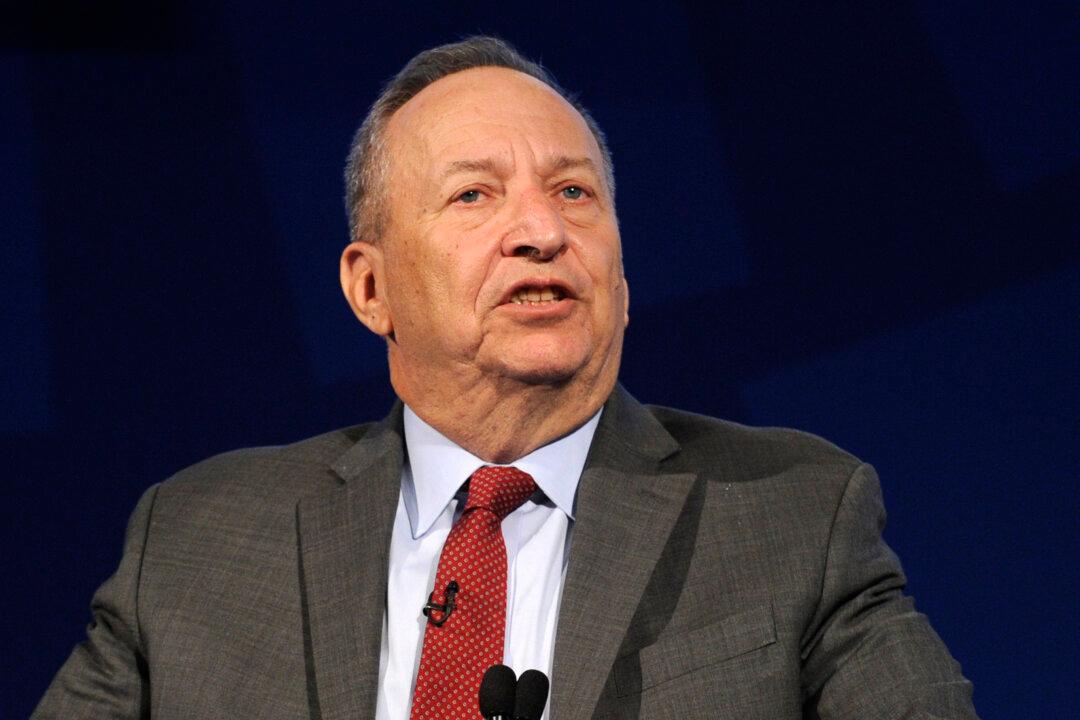Former Obama administration Treasury Secretary Larry Summers predicted the United States will enter an economic recession and suggested the possibility of yet higher gas prices than the country is currently seeing.
“I think the optimists were wrong a year ago in saying we have no inflation and I think they are wrong now if anyone is highly confident that we are going to avoid recession,” he said on CNN’s “State of the Union“ on Sunday, adding that Treasury Secretary Janet Yellen’s and Federal Reserve Chair Jerome Powell’s predictions are ”too optimistic.”





